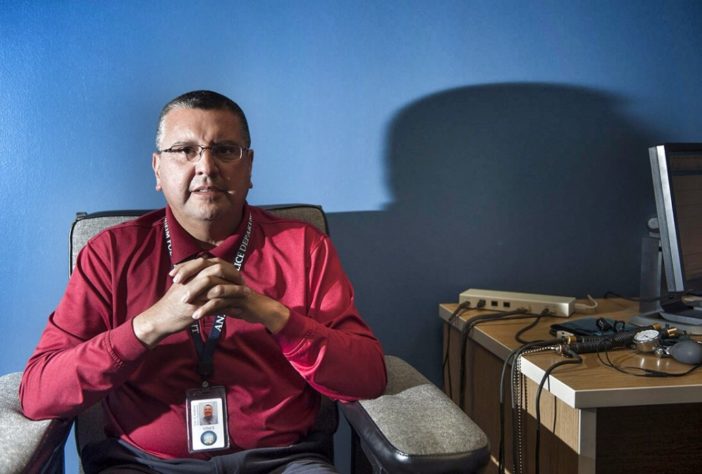One of the questions I often get is, “What are police departments looking for when they conduct a background investigation?” The background investigation is one of the most critical steps to becoming a police officer.
This is the best opportunity for agencies to screen out those persons who might be a potential liability, bad decision makers, poor communicators or maybe just not a right fit for the job.
I recall many years ago one background investigator telling me, “If I make a mistake, I’ve got to watch that person walk by me in the hallway every day.” That one statement explains why background investigators take their job so seriously.
The State of California provides a template for background investigators to use when assessing applicants. This template includes five major categories. These are:
Moral Character
Handling Stress and Adversity
Work Habits
Interactions with Others
Intellectually Based Abilities
Typically, if a person is screened out it is because there was concern in one of these areas or a combination of areas.
As a former bureau commander for a background unit I’ve read a lot of police background reports. Before a candidate’s background is complete it will be read by the entire chain of command. This includes the unit supervisor, a commander and eventually the executive staff of the agency.
Everything comes down to demonstrated mature decision making over time.
Here is just a partial list of areas that will cause concern during a background investigation. This list is not all encompassing but does cover some of the key areas that cause concern.
— Prior drug use beyond experimentation and at an age where you should have known better. This includes abuse of alcohol. Each agency will define their tolerance for drug use and this often will be based upon the circumstances, age and frequency of use. By the way, illegal steroid use will also be an area of concern. Use of hallucinogens is often an automatic disqualifier for some agencies — no matter what age you were or how often you used it.
— Poor driving history. Too many accidents, speeding and other moving violations. Also failure to take care of tickets that end up becoming bench warrants for your arrest.
— Bad credit. This goes beyond student loans. It’s surprising to see how many young people are teetering on bankruptcy due to poor financial decisions.
— Poor work history. Frequently going from job to job with substandard performance.
— Poor academic performance. Your transcripts including high school and college will demonstrate your academic discipline.
— Engaging in criminal behavior even if you were never prosecuted or caught. Admitting you stole a car, committed burglary and any assortment of crimes.
— A history of not working well with others. Teamwork is essential in police work. This also includes your personal interactions with others in any social environment.
— Lying or being less than truthful will always be an automatic disqualifier. Saying you forgot, didn’t understand the question or admitting to the lie later won’t help.
— Any indications of being a hot head or prone to lose your temper.
Despite knowing what can get you disqualified, anyone considering a law enforcement career has to realize they may have already engaged in behaviors that will disqualify them. Some things you can’t go back and fix.
Taking chances with people, giving them a break or making an exception will only put an agency at risk for problems down the road.
It’s not an easy process and it can take as long as six to nine months to get through a background investigation.
In the end, the public is better served when police agencies set exceptional standards for police backgrounds. They shouldn’t expect anything less.
Joe is a retired Anaheim Police Department captain. You can reach him at jvargas@behindthebadgeoc.com
 Behind the Badge
Behind the Badge



